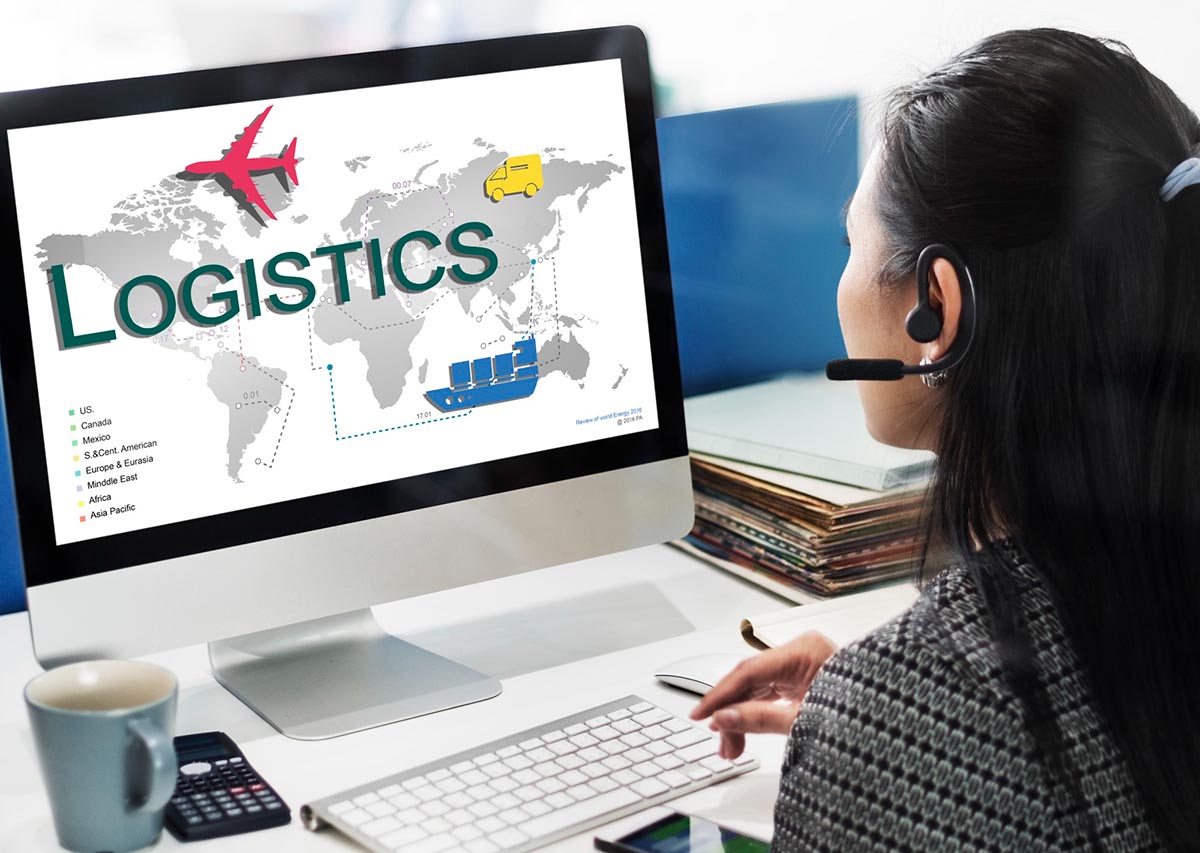
Logistics outsourcing is a strategic move many companies make to streamline their supply chain and focus on core competencies. However, it's not without its pitfalls. In this blog post, we will delve into the most common logistics outsourcing mistakes and how to avoid them, ensuring a smoother, more efficient outsourcing experience. We'll provide actionable advice and insights to help you navigate this complex process, drawing from industry best practices and common scenarios.
Not Defining Clear Objectives and Expectations
One of the first steps in avoiding logistics outsourcing mistakes is setting clear and realistic goals. Without a clear direction, both parties can have mismatched expectations, leading to frustration and inefficiency. Ensure that you articulate what success looks like and set measurable objectives. It's vital to communicate your needs and expectations to your logistics partner from the outset to ensure alignment and prevent misunderstandings. Clear objectives also provide a benchmark for performance, making it easier to evaluate your logistics partner's effectiveness.
Choosing the Wrong Logistics Partner
Selecting the right logistics partner is crucial to avoiding logistics outsourcing mistakes. It’s not just about cost; it’s about value. Look for a provider with a proven track record, robust infrastructure, and a deep understanding of your industry. Avoid common pitfalls like not conducting thorough research or being swayed by low prices. Remember, the cheapest option is not always the best. You need a partner who can deliver reliability and quality. Take the time to vet potential partners thoroughly, checking references and reviews to ensure they can meet your specific needs.
Lack of Communication and Collaboration
Effective communication is the backbone of any successful partnership. Establish open lines of communication and encourage regular check-ins and updates. It will ensure that both parties are on the same page and can quickly address any issues that arise, preventing potential logistics outsourcing mistakes. Foster a collaborative environment where both parties feel comfortable sharing ideas and feedback. This not only helps in building a strong partnership but also leads to innovative solutions and continuous improvement.
Ignoring the Importance of a Solid Contract
A comprehensive contract is your safety net. It should clearly outline roles, responsibilities, and expectations. Ensure it includes clauses on confidentiality, dispute resolution, and termination procedures. A solid contract protects both parties and sets the foundation for a successful partnership. Don't rush this process; take the time to get it right. A well-drafted contract can save you a lot of headaches down the line, providing clear guidelines and recourse in case of any issues.
Overlooking the Need for Flexibility and Scalability
Ensure your logistics partner can adapt to changes in demand and scale up or down as needed. This is particularly important when dealing with food product shipping services, as the industry can be unpredictable. Your logistics partner should be able to handle fluctuations in volume without compromising service quality. Look for a partner who is agile and can respond quickly to changes in the market or your business.
Not Leveraging Industry Insights for Optimized Logistics
In logistics outsourcing, tapping into the wealth of knowledge from experienced players in the field can provide invaluable insights. For instance, companies like ryderrelocations.com, known for their proficiency in moving and logistics, highlight the significance of having a contingency plan in place. This aligns seamlessly with the emphasis on risk management, ensuring that your operations remain uninterrupted even when the unexpected occurs. By preparing for various scenarios and potential disruptions, you safeguard your supply chain, maintaining consistency and reliability in your service delivery.
Neglecting Risk Management
From transportation issues to regulatory compliance, it’s important to identify and mitigate risks. Work with your logistics partner to develop a robust risk management plan. This way, you can run a smoother operation. Don't leave anything to chance; be proactive in managing potential risks. A strong risk management strategy can help you anticipate and prepare for potential challenges, ensuring your logistics operations run smoothly.
Failing to Monitor and Evaluate Performance
Set up key performance indicators (KPIs) and conduct regular performance reviews. This helps identify areas for improvement and ensures that your logistics partner meets your expectations. Don't be complacent; continuously strive for excellence in your logistics operations. Regular performance evaluations also help in building accountability and ensuring that your logistics partner is consistently delivering value. If you want to outsource your company’s logistical services, providing a robust performance monitoring system is crucial for success.
Underestimating the Importance of Technology Integration
In the digital age, technology integration is non-negotiable. Ensure your logistics partner uses the latest technology and integrates seamlessly with your systems. This enhances efficiency, accuracy, and overall performance. If you're considering a third-party logistics provider, check their technology capabilities. Stay ahead of the curve by leveraging technology to optimize your logistics operations. A tech-savvy logistics partner can provide valuable insights and data, helping you make informed decisions and improve your supply chain.
Embracing Innovation in Logistics Outsourcing
In an ever-evolving business landscape, staying ahead of the curve is crucial, especially regarding logistics outsourcing. Embracing innovative practices and cutting-edge technology can significantly enhance efficiency and accuracy in your supply chain. It’s about finding a logistics partner who not only understands the current trends but is also forward-thinking and ready to adapt to future changes. This proactive approach ensures that your logistics operations are not just meeting today’s standards but are also prepared for tomorrow’s challenges, ultimately contributing to the long-term success and sustainability of your business.
Conclusion
Avoiding logistics outsourcing mistakes is crucial for the success of your outsourcing venture. With careful planning, clear communication, and the right partner, you can navigate the complexities of logistics outsourcing and achieve a seamless operation. Don't let common pitfalls derail your efforts; be vigilant and proactive in managing your logistics outsourcing relationship. Following the guidelines outlined in this blog post, you can set the stage for a successful partnership and ensure that your logistics operations contribute to your business's overall success.
For over 30 years, 18 Wheels Logistics has strived to be the most customer-centric trucking, warehousing, and logistics company around.
Based in Vancouver, British Columbia, Canada, 18 Wheels relies on experience and integrity to make customers happy and remain on the cutting edge of shipping and logistics management.
If you have any questions about this article or you would like to talk to us about your shipping needs, please call us at (604) 439-8938.
